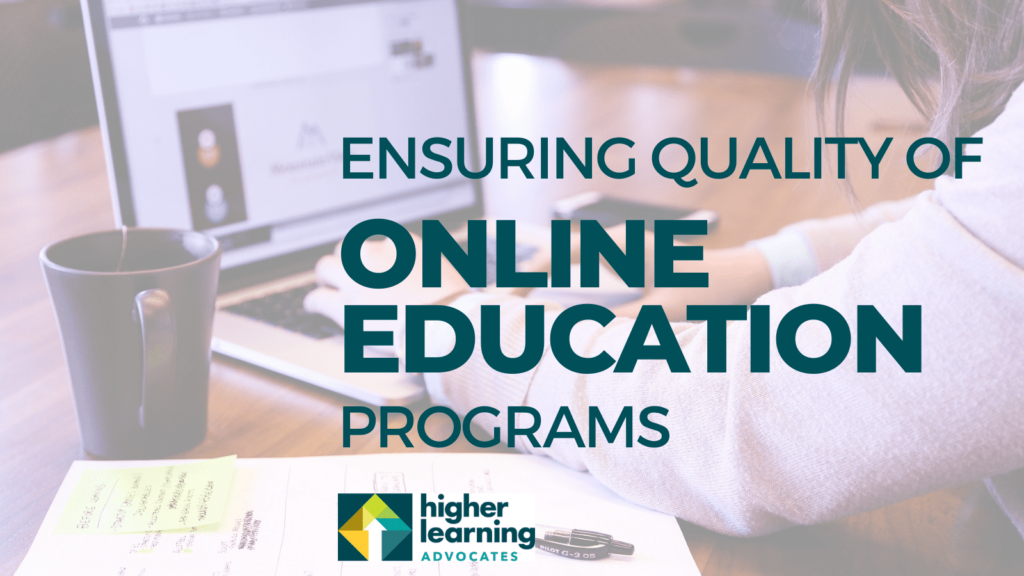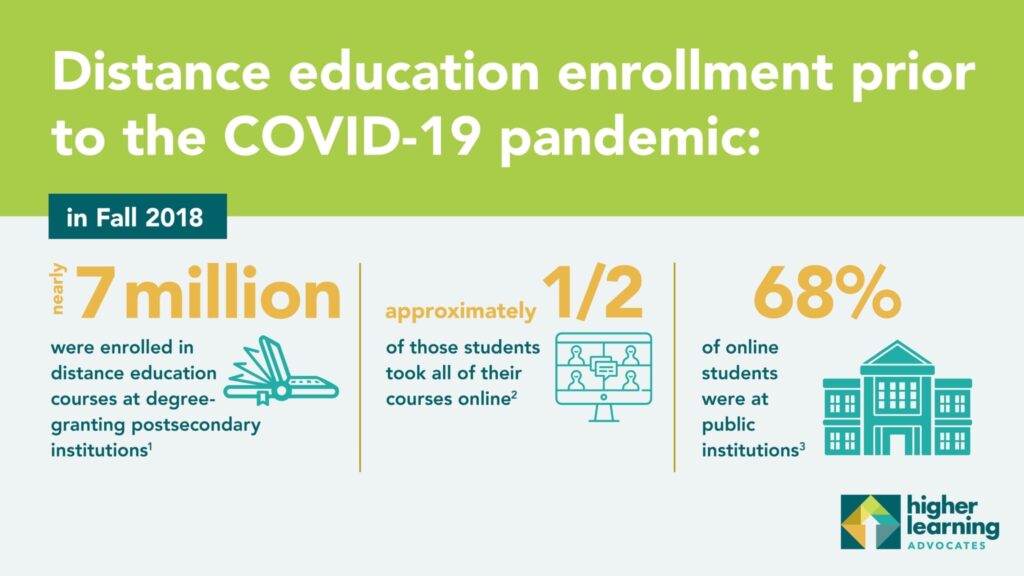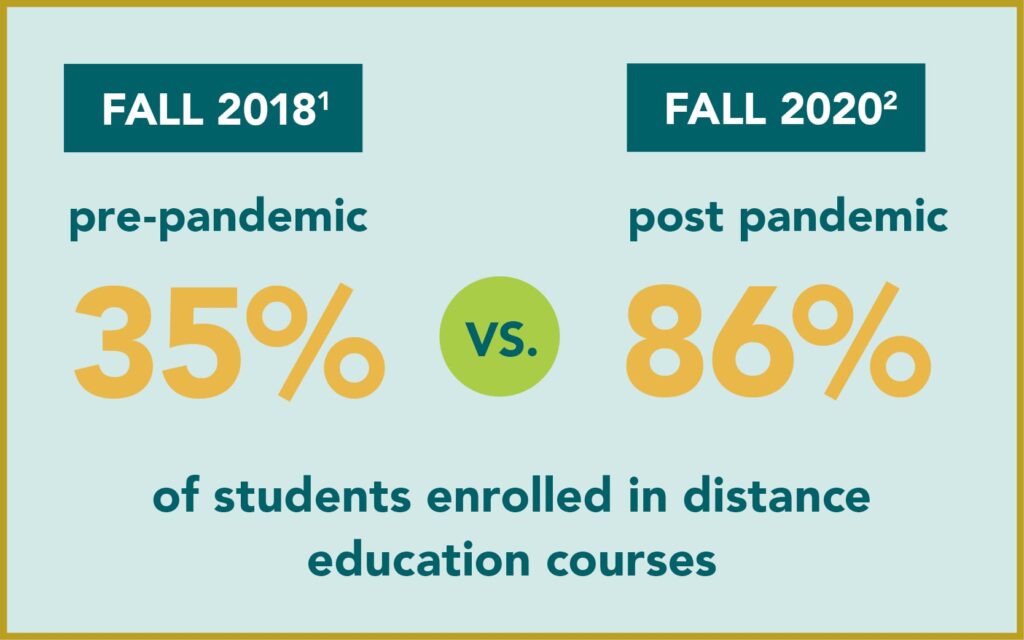Online Program Managers (OPMS): Ensuring Quality & Protecting Innovation
Over the last two years, the COVID-19 pandemic and the changing needs of today’s students have necessitated an unprecedented shift towards online learning. Institutions of higher education were able to meet this demand partially due to online program management entities, or OPMs. OPMs are service providers which work through contracts with universities to bring academic…
Read MoreOutsourcing Online Programs: Policy Options for OPM Oversight
As a form of outsourcing in higher education, online program management (OPM) is not remarkable. Universities regularly, and with little fanfare, outsource many functions that used to be done in-house. Bookstores, dining halls, housing facilities, parking garages, and housekeeping are all part of the outsourcing model in American higher education. This brief is intended to…
Read MoreOnline Program Managers (OPMs) Backgrounder
Online program management (OPM) entities are service providers that work through contracts with colleges and universities to take academic programs online. While most OPMs are for-profit, some are nonprofit. Typically, colleges and universities that utilize OPMs seek to expand access to college courses that they cannot financially or practically offer via a traditional physical environment,…
Read MoreEnsuring Quality of Online Education Programs
In spring 2020, as the coronavirus pandemic swept across the country, colleges and universities swiftly shuttered their campuses to students, unsure of for how long or what was coming next. As faculty scrambled to continue their courses virtually, they utilized emergency remote learning to deliver course content like lectures and seminars, facilitated online assessments, and…
Read More101: Distance Education
Today’s students—who are more diverse in age, race, and income than any previous generation—are more likely to be older, working, parenting, and may be working part-time or online. Even before the COVID-19 pandemic, distance education was becoming more common. Learn more about distance education and how it is used by today’s students here.
Read MoreDistance Education Backgrounder
Even before the COVID-19 pandemic made distance education the new normal, it was steadily becoming more common. Today’s students—many of whom work while in college, are financially independent, or have children of their own—need access to a college education off-campus to pursue higher education in a format that works for them. But there are still…
Read MoreFAQ: Distance Education Accreditation and COVID-19 Waivers
Today’s students—37 percent of whom are over the age of 25, a quarter of whom are parents, and 60 percent who work—have been increasingly juggling school with home and work responsibilities over the past decade. As such, students before the pandemic had been turning to online education at increasing rates for flexibility. Now, due to…
Read MoreBackgrounder: Evolving Models of Postsecondary Learning
Author: India Heckstall Today’s students—who are more likely to be workers, parents, returning adults, veterans, and more—may have postsecondary education experiences and pathways that don’t fit traditional molds. They no longer follow a single and consistent pathway to a degree. Today’s students need access to more flexible higher learning pathways and delivery models, as well…
Read MorePublic Comment on Quality and Innovation at U.S. Department of Education Hearing
Bipartisan advocacy group urges the Department of Education to offer regulatory changes “through the lens of putting student outcomes first” WASHINGTON, D.C. (September 6, 2018) — Emily Bouck, Policy and Advocacy Director at Higher Learning Advocates, testified at a hearing held by the U.S. Department of Education today as it considers a negotiated rulemaking process that…
Read More101: Competency-Based Education
More and more of today’s students are adults, parents and older students who are learning outside the traditional academic calendar and often bring substantial work experience and existing college credit. Increasingly, some colleges and universities are measuring a student’s progress based on learning instead of time using competency-based education (CBE). What is Competency-Based Education (CBE)?…
Read More



